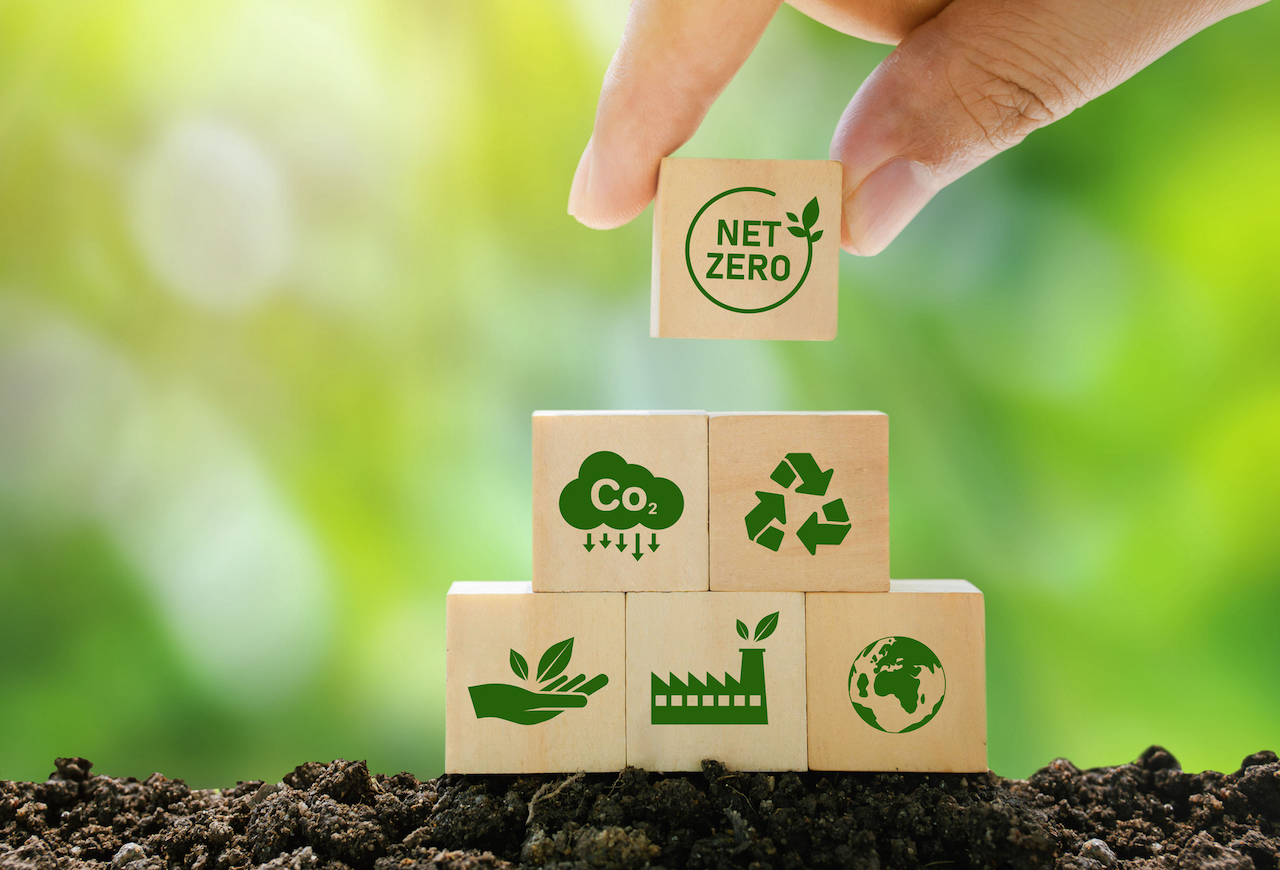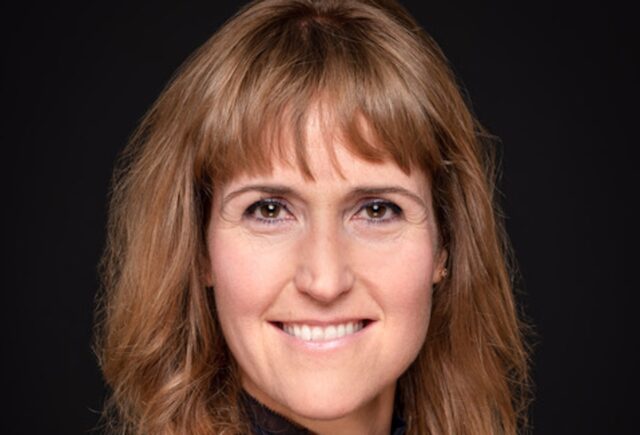EIB-coordinated report shows climate finance reached record levels in 2024, with private co-finance rising 33% to $134bn. But officials warn of a funding gap as attention turns to COP30 targets.

Multilateral development banks (MDBs) delivered $137bn (€116.3bn) in climate finance in 2024, a 10% increase on the previous year, according to a joint report coordinated by the European Investment Bank (EIB).
In 2024, $85.1bn was allocated to low- and middle-income economies, up 14%, with $26.3bn of this dedicated to climate adaptation. In addition, private climate co-finance also grew from the previous year, rising 33% to $134bn, according to the report.
In addition to this, the EIB directly allocated $43bn to high-income economies and $4.5bn to low- and middle-income countries.
Speaking to Impact Investor about the balance of allocation between developed and emerging markets, EIB chief climate change lead Nancy Saich said the bank’s mandate reflects its dual identity as both the EU’s lender and a global multilateral institution.
“We are the EU’s bank, and we have a mandate to do about 10% of our overall business outside the EU in developing countries. Around 90% is in the EU member states, and 10% outside,” she said.
“That translates into €8–9bn in new projects annually outside Europe, more than half of which is green finance, most of it climate,” Saich added.
Climate financing gap remains
Despite the record flows, Saich stressed the scale of unmet climate financing needs.
“If the MDBs and their extra efforts are supposed to help with the $300bn, you have to then ask, what are these new finance flows that are going to get us from $300bn to $1.3tn?” she said.
For Saich, the case for climate action is not just environmental but economic.
“Investing more in climate and green finance is good for business. It’s good for competitiveness in the EU, but it’s also good for the economies of the countries where we’re working. The urgency in the green transition is actually good for business. It’s good for people,” Saich said.
The adaptation challenge
Adaptation finance remains a key hurdle, particularly for the least developed and most climate-vulnerable countries.
“There’s a big ask on adaptation, and that inherently is likely to rely more on public finance,” said Saich.
She added that adaptation requires significant public finance and cannot rely solely on private investment, especially for the most vulnerable countries. Currently, MDBs are focusing on providing technical assistance, grants, and concessional funding to support adaptation efforts, she noted.
COP30
Expanding climate finance will be a central theme at COP30 in Brazil in November. At the last summit, held in Baku, Azerbaijan, in November 2024, countries agreed to scale up support for developing countries to at least $1.3trn annually from public and private sources by 2035.
With MDBs set to present their progress at COP30 in Brazil, the EIB is looking to scale both its financial and technical contributions.
“Our job is to deliver as much impact as we can with the resources we’ve got—financial, expertise, technical assistance and capacity building. We’re always looking for new ways to bring private finance in,” added Saich





